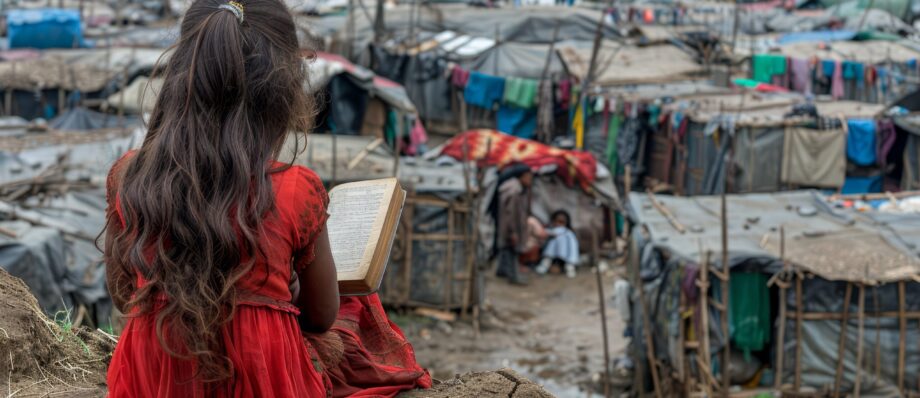Andhra Pradesh Faces Persistent Dal Shortage in PDS, Impacting Vulnerable Communities
In Andhra Pradesh, the Public Distribution System (PDS) is grappling with a significant challenge as dal (pulses), a staple protein source for millions, remains absent from ration shops across the state in June 2025. This shortage has left low-income families, who rely heavily on subsidized food supplies, struggling to meet their nutritional needs. Despite efforts to streamline the PDS, the persistent unavailability of pulses highlights systemic issues in supply chain management and raises concerns about food security for the state’s most vulnerable populations.
The PDS in Andhra Pradesh serves as a lifeline for millions, providing essential commodities like rice, wheat, and sugar at subsidized rates through Fair Price Shops (FPS). Recent reports indicate that the state government planned to resume distribution of essential items, including dal, from June 1, following directives from Anantapur District Collector T.S. Chetan to ensure a smooth supply chain. However, while rice and other staples are being distributed, pulses—particularly tur dal and chana dal—are either missing or inconsistently available. This gap has forced many families to turn to open markets, where prices for pulses have surged, with tur dal retailing at approximately ₹150-₹180 per kilogram, far beyond the reach of low-income households.
The reasons for the dal shortage are multifaceted. Experts point to disruptions in the procurement process, as pulses are often sourced through centralized allocations from the Food Corporation of India (FCI) or imported under government schemes. Historical data suggests that Andhra Pradesh has previously faced challenges with pulse distribution due to market distortions caused by heavy subsidies, which create arbitrage opportunities and divert supplies to private markets. A 2012 report noted that subsidized pulses intended for the PDS were sometimes resold at higher prices, undermining the system’s purpose. Current supply chain bottlenecks, including delays in imports and inadequate buffer stocks, have exacerbated the issue, leaving ration shops understocked.
For families dependent on the PDS, the absence of dal is more than an inconvenience—it’s a nutritional crisis. Pulses are a critical source of protein and essential nutrients, especially for vegetarian households that constitute a significant portion of Andhra Pradesh’s population. A daily wage laborer from Vijayawada shared, “We rely on dal for our meals, but without it in ration shops, we either skip it or buy less food overall.” This sentiment echoes across rural and urban areas, where rising food costs are straining household budgets. Nutritionists warn that prolonged absence of affordable protein sources could lead to increased malnutrition, particularly among children and pregnant women in below-poverty-line (BPL) families.
The state government has acknowledged the issue, with officials citing efforts to bolster the PDS under the National Food Security Act (NFSA), 2013. Measures include stricter oversight of FPS dealers to prevent hoarding or diversion and plans to enhance public feedback mechanisms. However, these steps have yet to yield tangible results for pulse distribution. In Anantapur, officials have been instructed to adhere to government norms, with warnings of legal action against non-compliant dealers. Despite these efforts, the lack of a clear timeline for restoring dal supplies has fueled frustration among beneficiaries.
Civil society groups and activists have called for urgent action, urging the government to prioritize local procurement of pulses and reduce reliance on imports, which are subject to global market fluctuations. They also advocate for better coordination between the Civil Supplies Department and district administrations to address logistical challenges. Meanwhile, opposition parties have criticized the state’s handling of the PDS, accusing it of mismanagement and failing to prioritize the needs of the poor.
As Andhra Pradesh navigates this crisis, the absence of dal in the PDS underscores broader challenges in ensuring food security. While the government’s commitment to improving distribution is evident, immediate action is needed to restore pulse supplies and prevent further hardship. For now, millions of families wait, hoping for a resolution that will bring this essential staple back to their plates.


